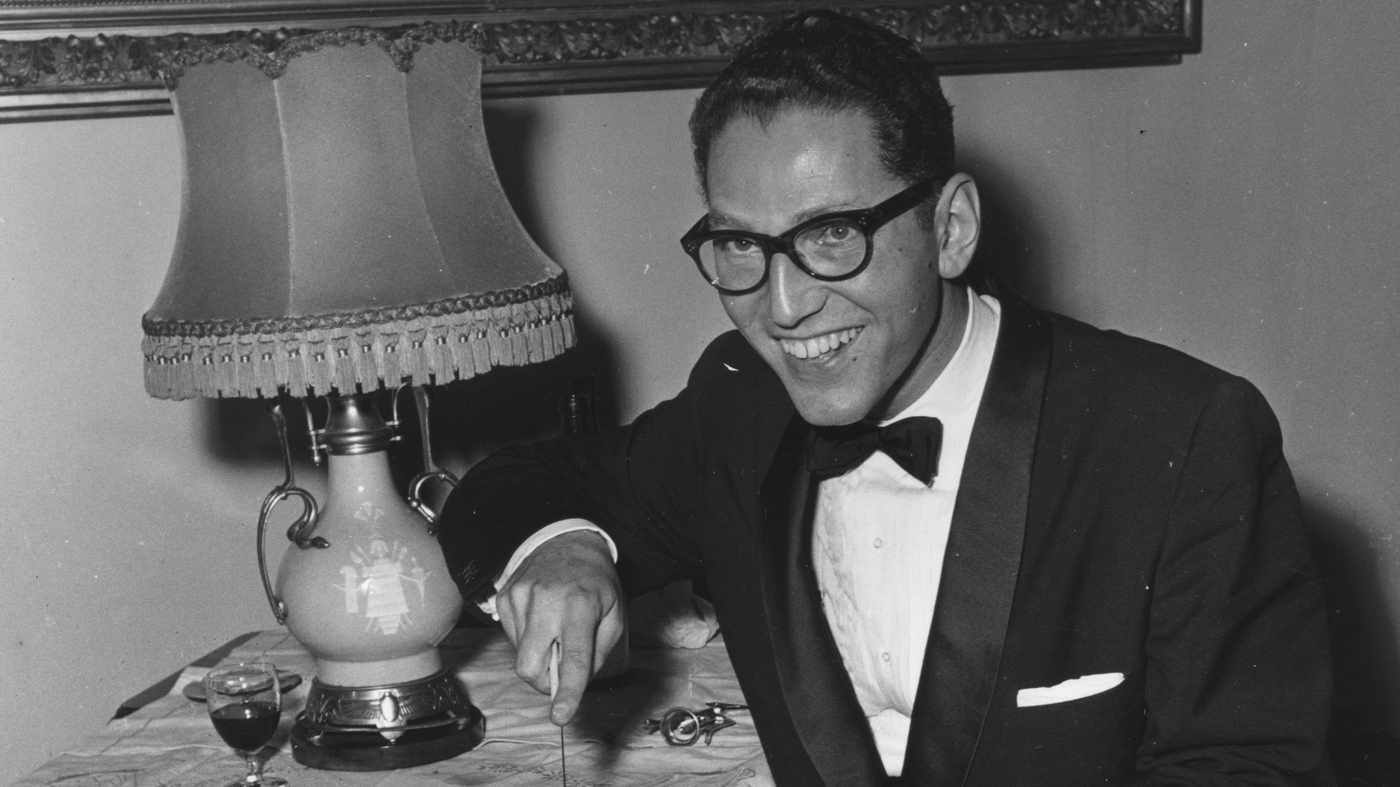The End of an Era: A Look at the Life and Legacy of Tom Lehrer
A Pioneer of Satirical Songwriting
Tom Lehrer’s passing at the age of 97 marks the end of an era in musical satire. His unique ability to blend humor with sharp social commentary left an indelible mark on the world of music and comedy. Lehrer’s songs, characterized by their witty lyrics and catchy melodies, tackled a wide range of topics, from nuclear war to academic life, always with a twist of dark humor. His work remains a testament to the power of satire as a tool for social critique.
Lehrer’s influence extends far beyond his own performances. His songs have been covered by countless artists and continue to be discovered by new generations. His legacy lies not only in his musical contributions but also in his ability to inspire others to think critically about the world around them. Lehrer’s work serves as a reminder that humor can be a powerful force for change, capable of challenging the status quo and provoking thought.
From Mathematics to Music
Born in 1928, Tom Lehrer’s path to becoming a satirical icon was anything but conventional. A child prodigy in mathematics, he entered Harvard University at the tender age of 14. While deeply engaged in his academic pursuits, Lehrer’s talent for crafting darkly humorous songs began to emerge. His early performances were largely confined to the Harvard community, but his reputation quickly spread.
Lehrer’s musical style was heavily influenced by Gilbert and Sullivan and Broadway show tunes, which he twisted into vehicles for his subversive messages. His songs were not protest songs in the traditional sense; they were wickedly clever observations set to catchy tunes, making them both entertaining and thought-provoking. This unique blend of musical talent, mathematical brilliance, and fearless satire earned him a devoted following.
The Art of Subversive Songwriting
What made Lehrer’s satire so effective was his ability to mask serious commentary within seemingly lighthearted musical arrangements. Songs like “Poisoning Pigeons in the Park” and “The Masochism Tango” showcased his knack for finding the absurd in the everyday. His most enduring works often tackled the anxieties of the Cold War, such as “We Will All Go Together When We Go” and “Who’s Next?”
Lehrer’s lyrics were not just funny; they were insightful. He had a keen understanding of human nature and a talent for exposing hypocrisy and absurdity. His songs addressed controversial topics like racism, social inequality, and religious extremism with a sharp wit and unwavering honesty. Lehrer’s ability to blend education and entertainment made his songs both timeless and relevant.
A Retreat from the Spotlight
Despite his widespread popularity, Tom Lehrer’s career as a performer was relatively short-lived. By the late 1960s, he began to withdraw from the public eye. He cited a growing disillusionment with the political landscape and a sense that his satire was becoming redundant. Lehrer famously said that when Henry Kissinger was awarded the Nobel Peace Prize, satire became obsolete.
Lehrer returned to his academic roots, teaching mathematics and musical theater at universities like MIT and the University of California, Santa Cruz. He continued to write songs occasionally, but his focus shifted from performance to education. Many of his songs found new life in classrooms, where they served as both educational tools and sources of amusement for students.
A Lasting Influence
Although he stepped away from the spotlight, Tom Lehrer’s influence on comedy and music remains undeniable. His work paved the way for a generation of satirical songwriters and comedians who dared to challenge the status quo. Artists like Randy Newman, Weird Al Yankovic, and Stephen Colbert have all cited Lehrer as a major influence.
His songs continue to be performed and appreciated by audiences of all ages. They offer a timeless perspective on the issues that continue to shape our world, and his unique blend of humor and intelligence remains as relevant today as it was decades ago. Lehrer’s legacy extends beyond his musical contributions; he demonstrated the power of satire as a tool for social commentary and inspired countless individuals to think critically about the world around them.
A Quiet Genius Remembered
Tom Lehrer’s passing marks the end of a life dedicated to both intellectual pursuits and artistic expression. He was a mathematician, a musician, a satirist, and a teacher—a true Renaissance man. While he may no longer be with us, his songs will continue to entertain, provoke, and inspire for generations to come. His legacy is not just in the laughter he generated, but in the questions he raised and the perspectives he challenged. He will be remembered as a quiet genius who used his unique talents to make the world a little bit brighter, and a whole lot more interesting.

